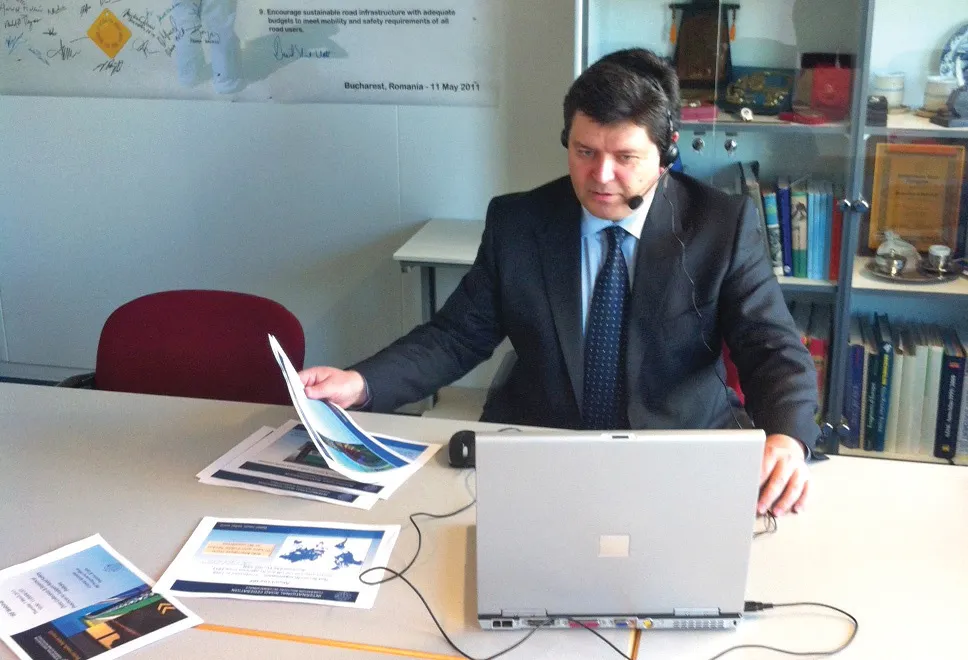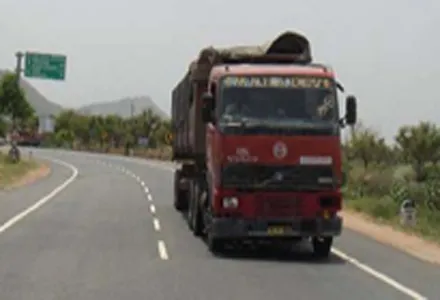
Against a background of unprecedented connectivity investments bridging East and West, the formation of a regional committee will assist member organisations. It will allow them to gain access to a wider pool of knowledge on regional infrastructure programmes, and solutions designed to optimise road investments.
Central Asia is a loosely defined geographic area bridging the eastern fringes of Europe to the borders of China. Common factors between these countries include a shared history of relatively recent transition from planned to market economies, as well as the cross-border impacts of the Belt & Road Initiative, a transformational connectivity program promoted by China. Buoyed by new financial instruments, including the New Silk Road Fund and the Asian Infrastructure Investment Bank, Belt & Road has translated into an investment race as countries across the region position themselves to diversify their economies away from resource dependency, and reap benefits from the new trade routes.
Against this backdrop, the International Road Federation has an essential contribution to make to the design and management standards of new roads that will provide short- and long-term benefits in those countries where they are being built. As a cross-industry platform bridging road agencies and other actors already present in the region,
The formation of a regional committee will provide the necessary focus to IRF’s consultation and outreach efforts. It will also assist participating member organisations in gaining access to a wider pool of knowledge on regional infrastructure programs, and solutions designed to optimise road investments.








